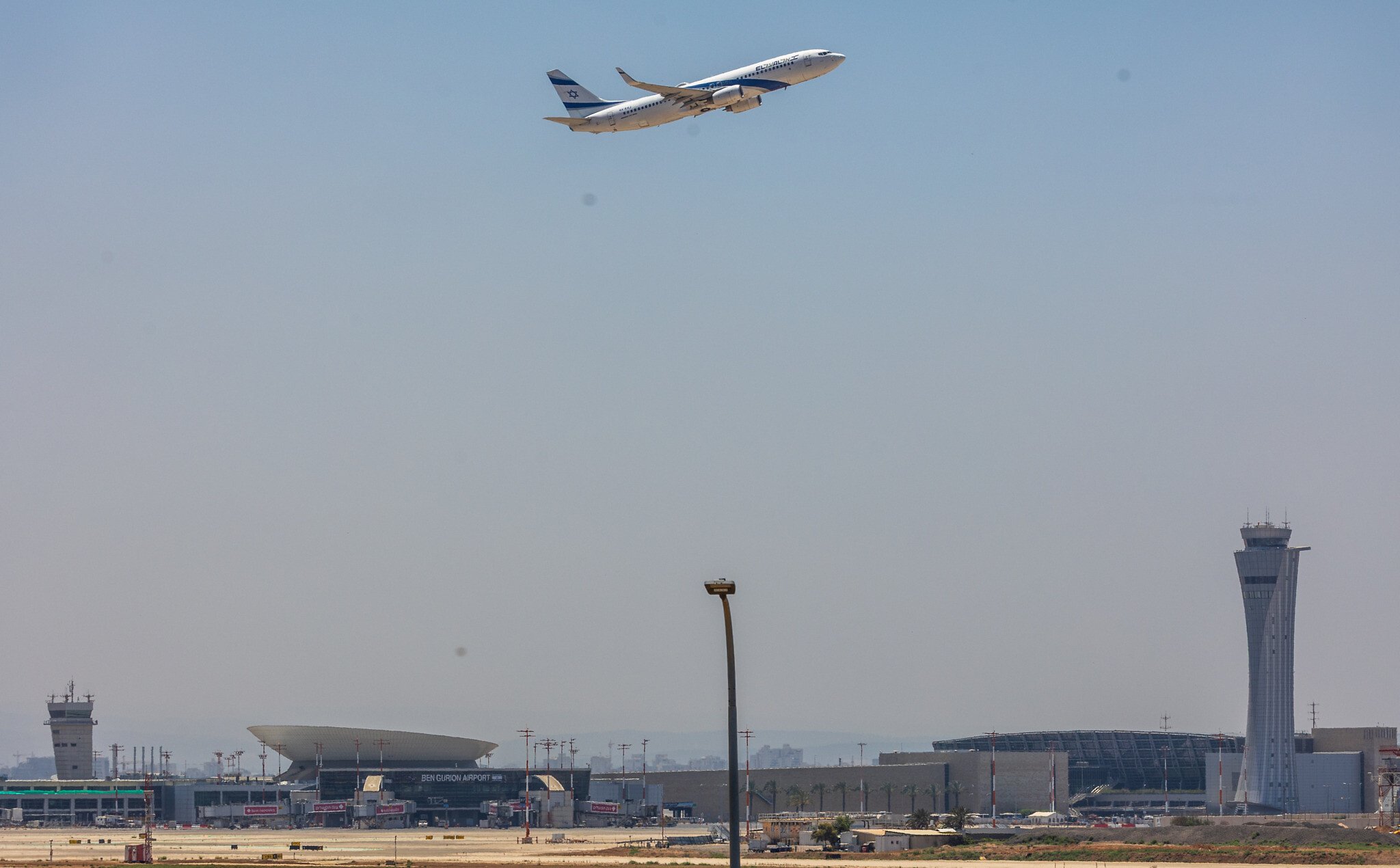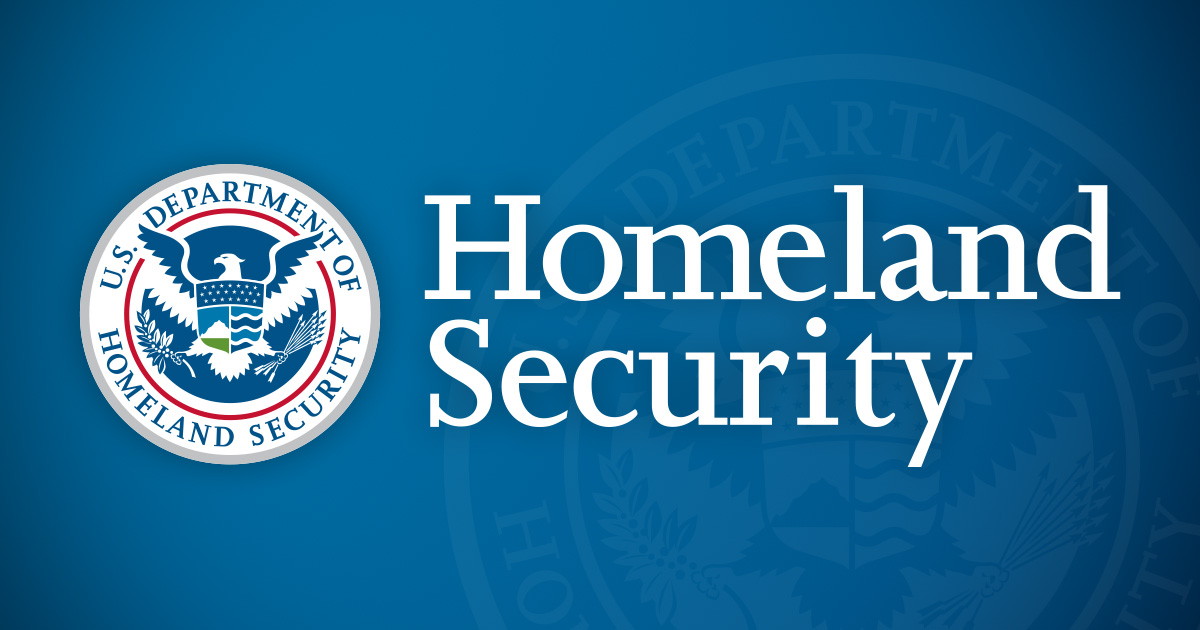What Happened
Father’s Day is celebrated annually on the third Sunday of June in several countries, including the United States, Canada, and the United Kingdom. In 2025, this day falls on June 15. As the date approaches, various media outlets and social media platforms are filled with messages, quotes, and gift ideas to honor fathers and father figures. The Economic Times, for example, has published a comprehensive guide to Father’s Day 2025, highlighting the significance of the day and the ways people are preparing to celebrate it.
The origins of Father’s Day can be traced back to the early 20th century, with Sonora Dodd being a pivotal figure in its establishment. Dodd proposed the idea of a day to honor fathers during a Mother’s Day sermon in 1909, motivated by her own experiences growing up with a single father. After years of advocacy, Father’s Day was officially recognized as a national holiday in the United States in 1972.
Key Details
- Date of Celebration: Father’s Day is observed on the third Sunday of June. In 2025, it is on June 15.
- Cultural Significance: The day serves as a moment to express gratitude and love for fathers, with many people sharing messages and gifts through social media platforms like WhatsApp, Instagram, and Facebook.
- Historical Context: Sonora Dodd’s efforts in the early 1900s led to the establishment of Father’s Day as a recognized holiday. The first celebrations took place in Spokane, Washington, in 1910.
- Commercialization: The holiday has evolved into a significant commercial event, with increased sales of gifts and cards each year leading up to Father’s Day.
Multiple Perspectives
The celebration of Father’s Day has various interpretations and significance across different cultures and individuals. Some view it as a heartfelt occasion to express appreciation for paternal figures, while others criticize the commercialization of the holiday, arguing that it detracts from its original intent.
For instance, Sonora Dodd herself expressed a nonchalant attitude towards the commercialization of Father’s Day, stating, “I do not think any gift too great for fathers.” This perspective highlights a more traditional view of the day, focusing on the emotional connections rather than the monetary aspects.
Conversely, some critics argue that the emphasis on gift-giving can overshadow the day’s true purpose of honoring fatherhood and paternal relationships. This debate reflects broader discussions about how holidays can be both meaningful and commercially driven, raising questions about the balance between personal sentiment and consumerism.
Context & Background
Father’s Day has become a staple of modern celebrations, paralleling the more established Mother’s Day. The holiday’s origins are rooted in the recognition of the role fathers play in families and society. Dodd’s advocacy for the holiday was influenced by her upbringing, where her father raised her and her siblings alone after their mother’s death. This personal connection to the cause underscores the emotional significance of the day for many.
The establishment of Father’s Day as a national holiday in the U.S. in 1972 marked a significant cultural shift, acknowledging the contributions of fathers in a society that had traditionally focused more on maternal figures. Since then, the day has grown to encompass various forms of celebration, from family gatherings to digital tributes shared online.
What We Don’t Know Yet
While the celebration of Father’s Day is well-established, there are ongoing discussions regarding its future and how it may evolve in response to changing societal norms. Questions remain about how the holiday will adapt in an increasingly digital world, where social media plays a significant role in how people express their sentiments.
Additionally, the impact of commercialization on the holiday’s meaning continues to be debated. As consumer habits change, it will be interesting to observe how the nature of Father’s Day celebrations might shift in the coming years.
Moreover, the historical narrative surrounding Father’s Day, particularly the contributions of figures like Sonora Dodd, may not be widely known or appreciated by younger generations. Efforts to preserve and share these stories could influence how the holiday is perceived and celebrated in the future.
In summary, while Father’s Day is indeed celebrated today, its significance and the ways it is observed can vary widely, reflecting personal, cultural, and societal values.


